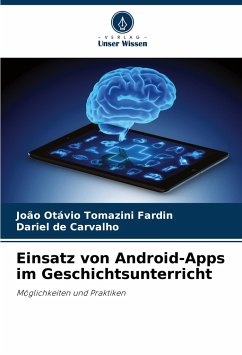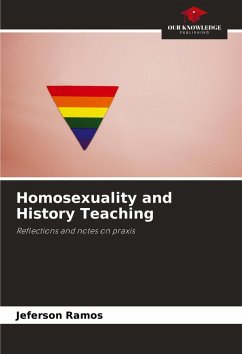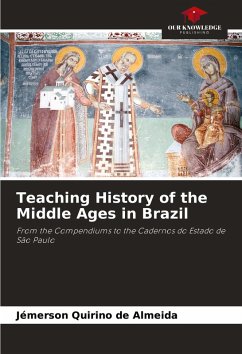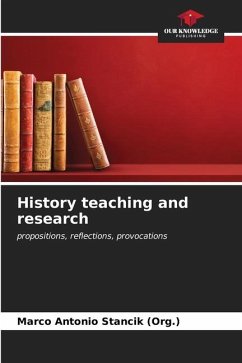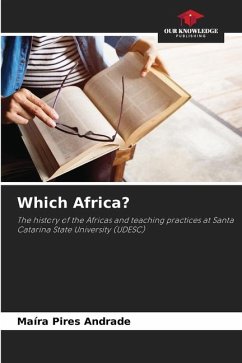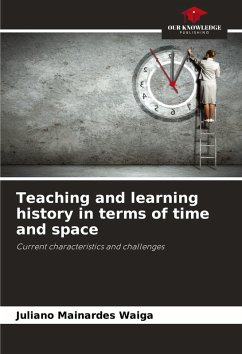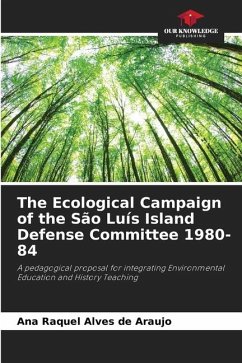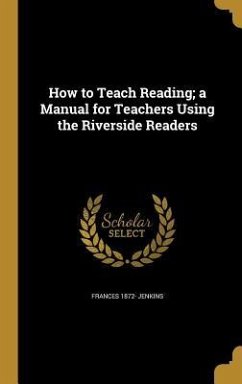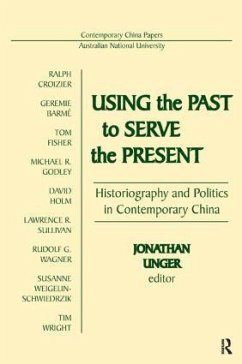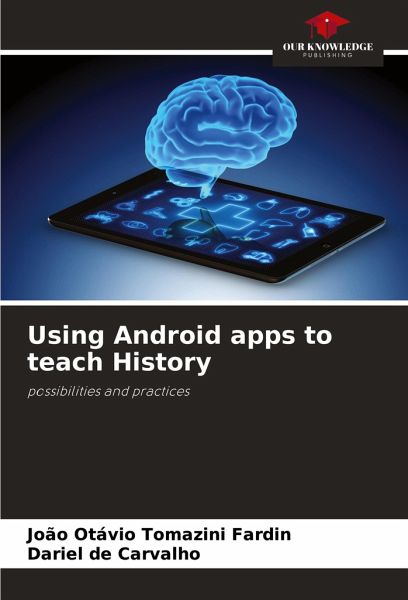
Using Android apps to teach History
possibilities and practices
Versandkostenfrei!
Versandfertig in 6-10 Tagen
24,99 €
inkl. MwSt.

PAYBACK Punkte
12 °P sammeln!
This work is based on two assumptions. The first, quite common in academic circles, is that the school as an institution is disconnected from the rest of society. This is because, while still strongly linked to a past in which it was the exclusive holder of knowledge, today it is faced with a highly digital society, in which knowledge has gone beyond the school walls. The second is that, in this scenario where the school's role is being questioned, the solutions emanate not from the institution, but from the new model of society that has emerged from the communication revolution. In short, thi...
This work is based on two assumptions. The first, quite common in academic circles, is that the school as an institution is disconnected from the rest of society. This is because, while still strongly linked to a past in which it was the exclusive holder of knowledge, today it is faced with a highly digital society, in which knowledge has gone beyond the school walls. The second is that, in this scenario where the school's role is being questioned, the solutions emanate not from the institution, but from the new model of society that has emerged from the communication revolution. In short, this work is based on the idea that the school is badly positioned in society and that the solutions to this come precisely from the new social arrangement, which is markedly digital. As a practical result, it is understood that android apps are effective means of updating the school institution through the influence of what is most modern in society. For this reason, this work seeks to find inapps the possible means for teaching history and, at the same time, provide resources for the same to be done with other areas of knowledge.





